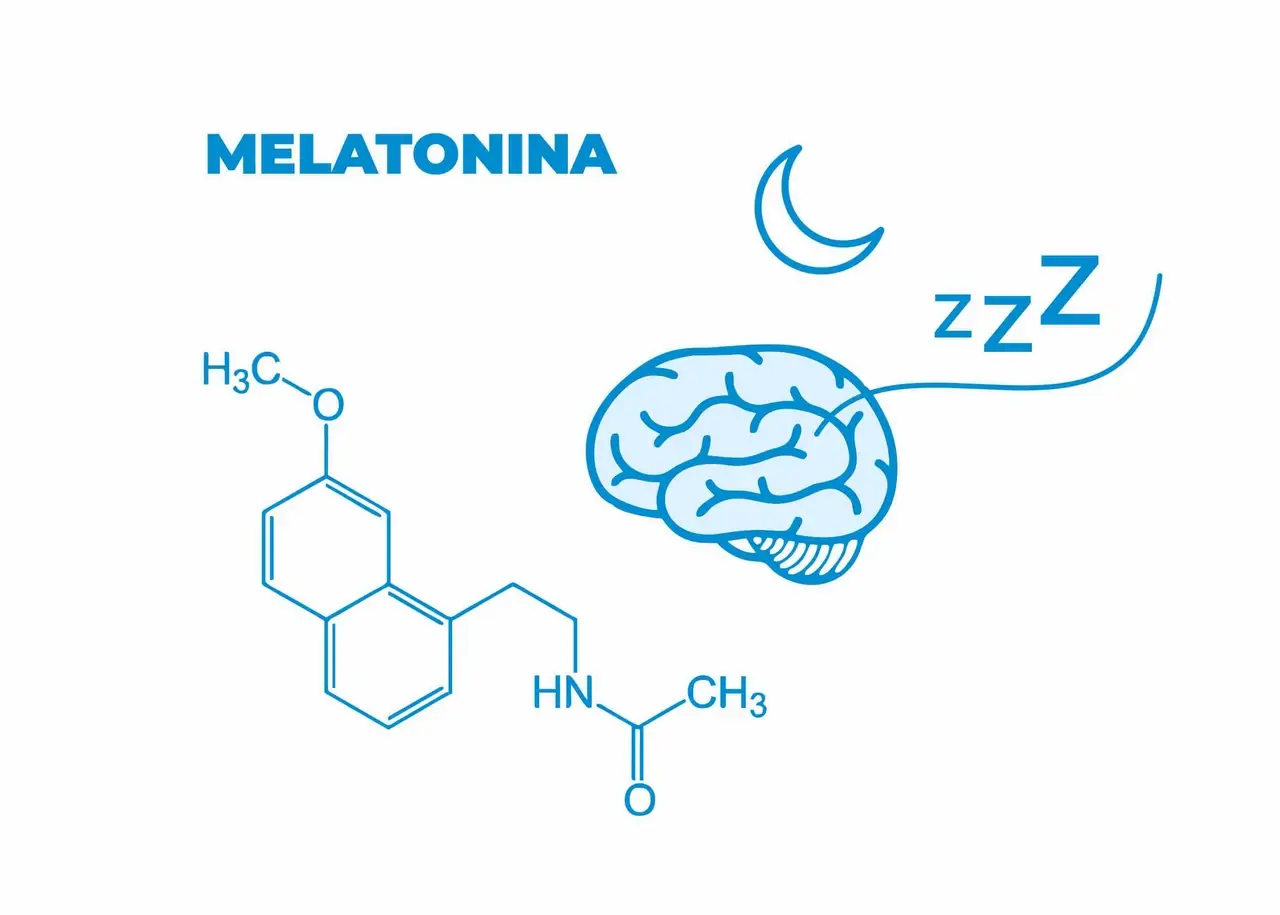September 2025 — Researchers at the University of California, Berkeley, have uncovered a groundbreaking neural circuit that links sleep, growth hormone release, and overall metabolic and cognitive health. This discovery sheds new light on how sleep patterns influence muscle growth, fat metabolism, and even brain function, with significant implications for treating sleep disorders, obesity, diabetes, and neurodegenerative diseases.
The Sleep-Hormone Feedback Loop
The study reveals a complex feedback system involving the hypothalamus, a central brain region responsible for regulating various physiological processes. Key players in this system are two hormones: growth hormone-releasing hormone (GHRH), which stimulates growth hormone release, and somatostatin, which inhibits it. These hormones operate differently during various sleep stages, particularly during REM and non-REM sleep, to maintain balanced growth hormone levels.
Interestingly, the released growth hormone doesn’t just promote physical growth; it also stimulates neurons in the locus coeruleus, a brainstem area involved in arousal, attention, and cognition. This interaction suggests that growth hormone plays a role in regulating wakefulness and cognitive functions, creating a dynamic balance between sleep and alertness.
Implications for Health and Disease
This newly identified circuit offers insights into the broader impacts of sleep on health. Disruptions in sleep, particularly insufficient deep sleep, can lead to imbalances in growth hormone levels, potentially contributing to conditions such as obesity, diabetes, and cognitive decline. Understanding this connection opens avenues for developing targeted treatments that address both sleep disturbances and metabolic or neurological disorders simultaneously.
The findings also highlight the importance of maintaining healthy sleep patterns, not only for physical recovery and growth but also for cognitive function and overall well-being.















Leave a Reply